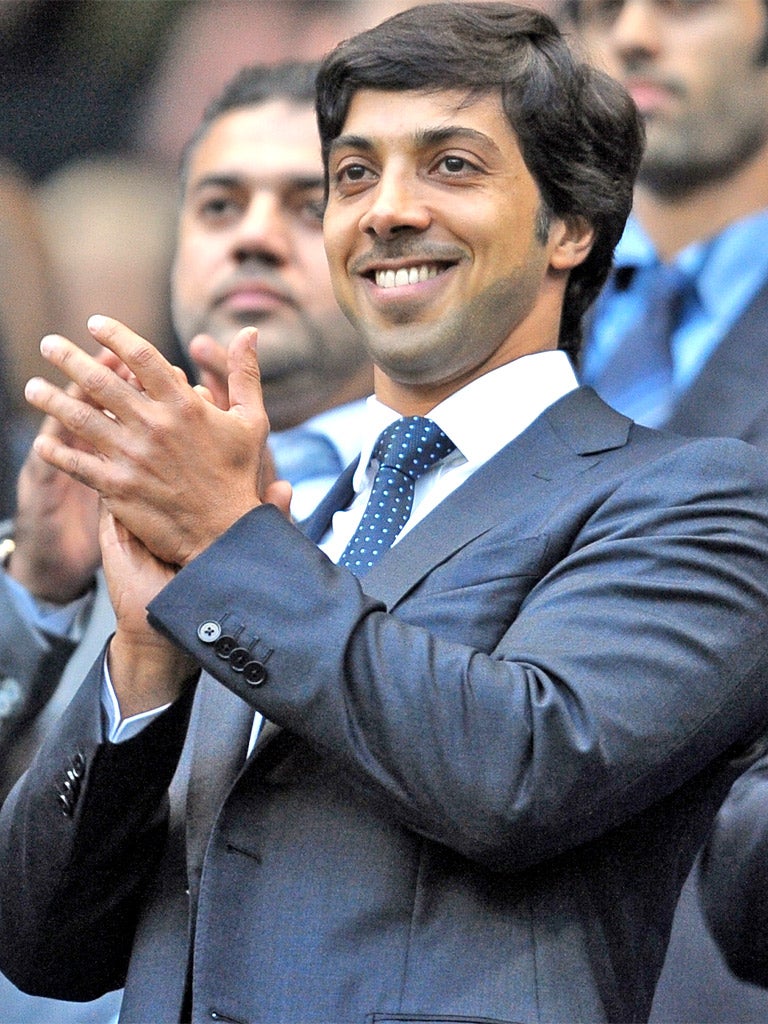James Moore: The banker, the go-between, the sheikh and an £11.5bn deal
If it failed to get the money it would have to go cap-in-hand to the Government


In the febrile climate of 2008 Barclays was faced with a desperate need for cash to satisfy regulators around the world that it could continue to fund its business.
If it failed to get the money it would have to go cap-in-hand to the Government. That could have derailed its ambitions to turn itself into a genuine global player along the lines of HSBC.
Barclays feared ministers would demand it deploy its capital to back lending in the UK rather than building its foreign operations.
But Barclays had an ace: its Middle Eastern expert Roger Jenkins had built up an enviable portfolio of contacts who had the resources to keep the wolves from its doors.
The first cash call, in June, raised £4.5bn through a share issue to the Qatar Investment Authority, which invests the emirate's vast oil wealth, along with Japan's Sumitomo Mitsui.
Under scrutiny by the Financial Services Authority are disclosures including paragraphs citing "an agreement for provision of advisory services" by the authority to Barclays in the Middle East as well as "to have agreed to explore opportunities for a co-operative business relationship" with the Japanese corporation.
Another says: "Barclays and Qatar Holding have entered into an agreement for the provision of advisory services by Qatar Holding to Barclays in the Middle East." Fees of £100m were disclosed.
The second cash call, raised just over £7bn, and attracted attention for the involvement of Amanda Staveley, a former girlfriend of Prince Andrew, who advised Manchester City owner Sheikh Mansour.
But it is the Qatari end of the deal that is being scrutinised.
That cash call involved various financial instruments convertible into shares at favourable prices that paid very generous interest rates of up to 14 per cent. Total disclosed commissions of £300m were paid.
Among them, investors in so-called Reserve Capital Instruments received commissions of £60m while those placing funds into Mandatory Convertible notes took £112m. Qatar Holding, a subsidiary of the investment authority, received a fee of £66m for having arranged "certain of the subscriptions" in the fundraising.
Join our commenting forum
Join thought-provoking conversations, follow other Independent readers and see their replies
Comments
Bookmark popover
Removed from bookmarks